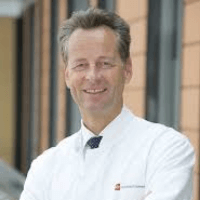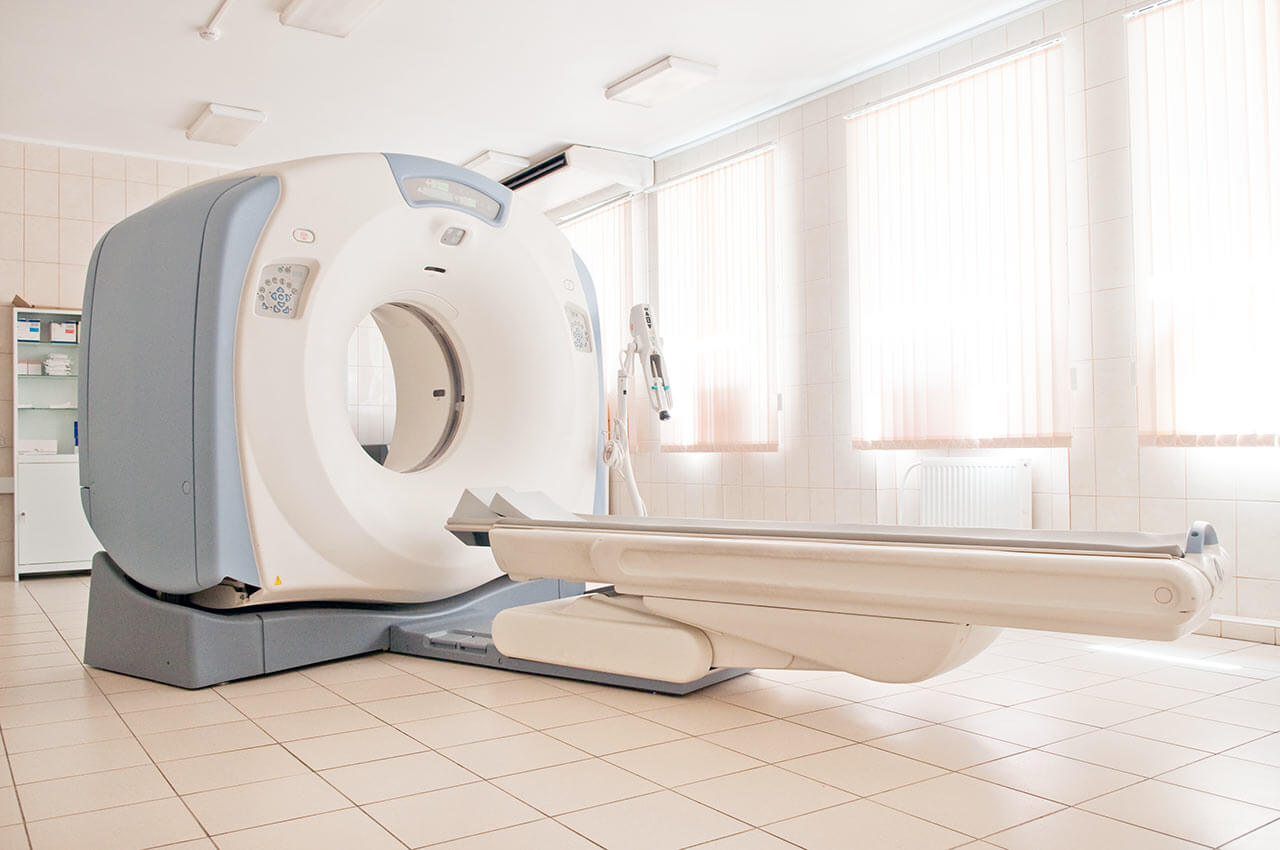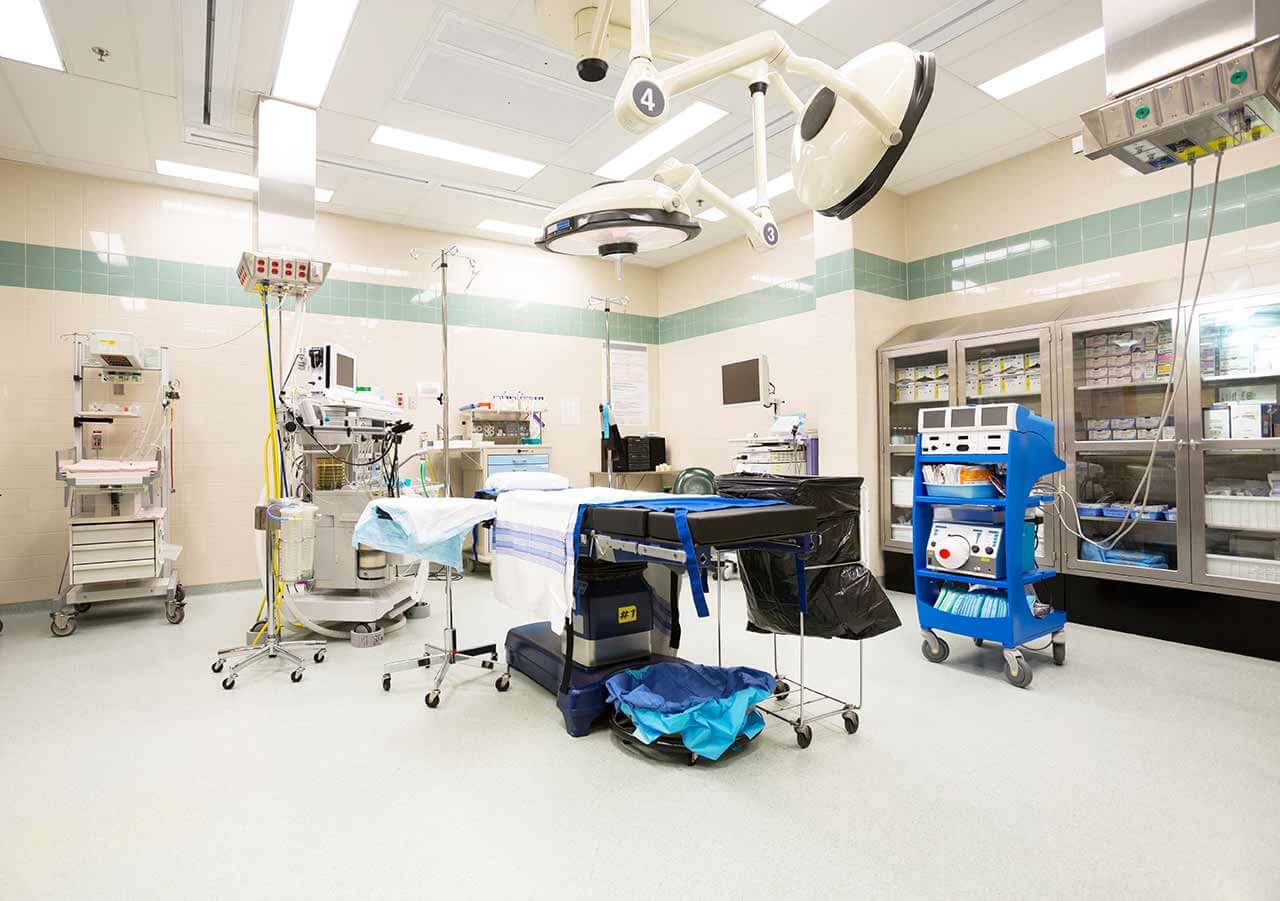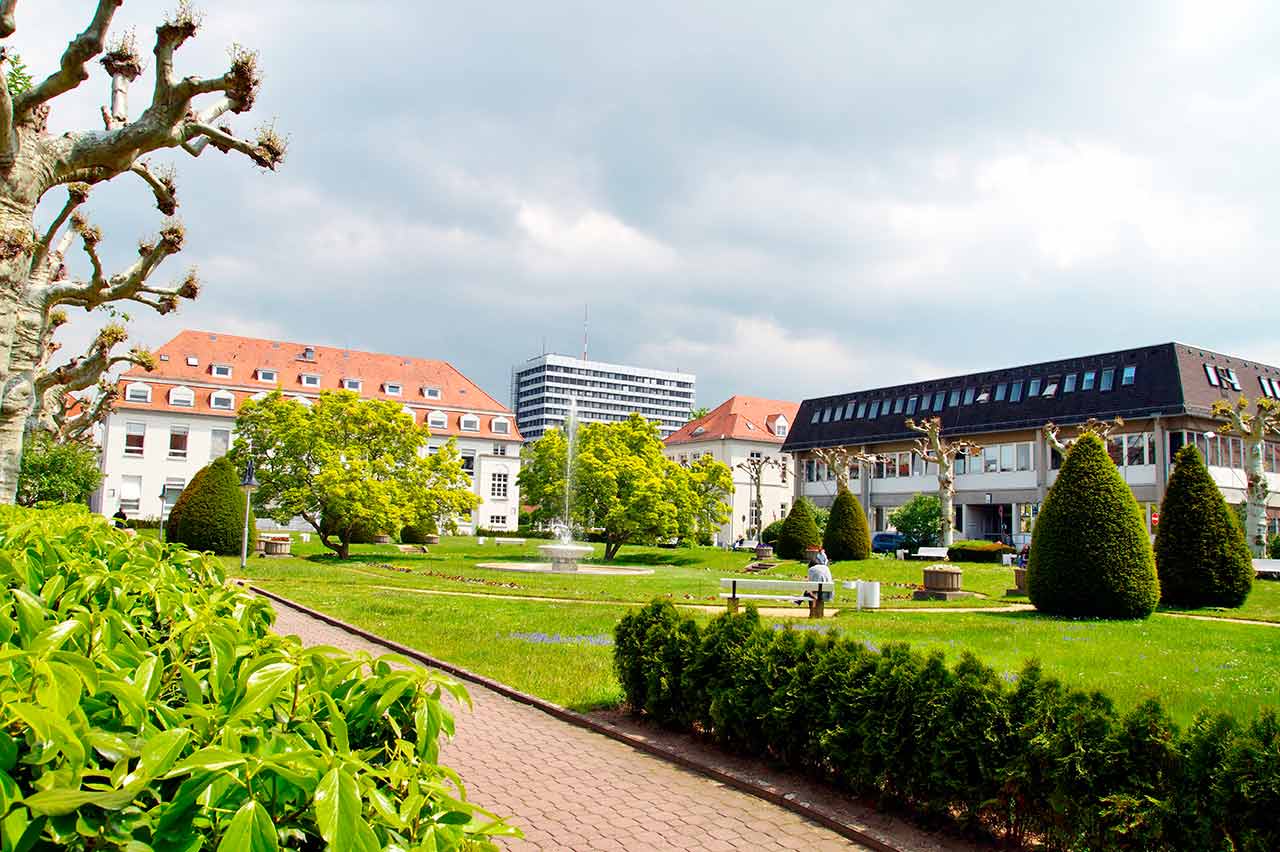
The program includes:
- Initial presentation in the clinic
- case history collection
- general clinical examination
- laboratory tests:
- complete blood count
- general urine analysis
- biochemical analysis of blood
- TSH-basal, fT3, fT4
- tumor markers
- indicators of inflammation
- indicators blood coagulation
- ultrasound
- CT/MRI scanners
- endosonography/ cholangigraphy
- gastroscopy with biopsy and ercp or pops
- symptomatic treatment
- cost of essential medicines
- nursing services
- stay in the hospital with full board
- full hospital accommodation
- elaboration further recommendations
Required documents
- Medical records
- MRI/CT scan (not older than 3 months)
- Biopsy results (if available)
Service
You may also book:
 BookingHealth Price from:
BookingHealth Price from:
About the department
103 Booking Health patients have already received treatment in the Department of Gastroenterology and Hepatology at the University Hospital Mainz.
99% of patients recommend this hospital and department.
You can read reviews about the quality of the Booking Health service here.
The Department of Gastroenterology and Hepatology at the University Hospital Mainz offers the full range of diagnostics and treatment of gastrointestinal and liver diseases. The priorities of the department include the treatment of gastrointestinal cancer, chronic inflammatory bowel diseases (Crohn's disease and ulcerative colitis), and pathologies of the liver and bile ducts. The specialists of the department also specialize in caring for patients before and after liver transplantation. The department has high-precision diagnostic examinations and all modern types of therapy, which guarantee optimal results. The Chief Physician of the department is Prof. Dr. med. Peter Galle.
The key focus of the department’s clinical activities is the detection and treatment of gastrointestinal cancers, including the pancreas, biliary tracts, and liver. Since the department is a part of the Interdisciplinary Cancer Center Mainz, treatment is provided in close cooperation with specialists from related fields. Each clinical case is considered at the regular tumor boards, during which the optimal treatment strategy is selected. The main therapeutic options include chemotherapy, and radiation therapy, as well as participation in clinical trials. Surgical treatment is carried out in collaboration with the Department of General, Abdominal, and Transplant Surgery.
The service range of the department includes:
| Diagnostics and treatment of chronic inflammatory bowel diseases (Crohn's disease, ulcerative colitis) | |
| Diagnostics and treatment of pancreatic disease |
|
| Diagnostics and treatment of cancers |
|
| Diagnostics and treatment of the liver diseases |
|
| Patient care before and after liver transplantation | |
| Various consultations, including nutrition | |
| Other medical services |
Curriculum vitae
- 1978 - 1980 Study of Human Medicine at the Free University of Berlin.
- 1980 - 1983 Study of Human Medicine at the University of Marburg.
- 1982 Clinical practice abroad (while studying), Internal Medicine and Surgery, Hammersmith Hospital and Ealing Hospital (London, UK).
- 1983 - 1984 Graduate Student, Department of Biochemistry and Molecular Biology, Faculty of Medicine, University of Texas, Houston, USA (Fulbright Scholar Program).
- 1984 - 1985 One-year practice for Medical Students at the University Hospitals Heidelberg and Mannheim.
- 1981 - 1985 Doctoral thesis. Subject: "Induction of the DNA replication in primary culture of rat liver cells with the help of epidermal growth factor, cyproterone acetate and hepatocyte growth factor", Institute of Pharmacology and Toxicology, University of Marburg (Prof. Dr. R. Schulte-Hermann).
- 25.11.1985 Admission to medical practice.
- 1985 - 1988 Research Fellow at the Center for Molecular Biology Heidelberg in the working group of Prof. Dr. H. Schaller.
- 1988 - 1998 Research Fellow, Department of Gastroenterology, University Hospital Heidelberg.
- 03.03.1993 Specialization in Internal Medicine.
- 01.10.1993 Senior Physician.
- 28.10.1993 Habilitation. Subject: "About the replication of hepatitis B viruses in vitro".
- 08.02.1994 Venia Legendi in High School.
- 28.11.1996 Specialization in Gastroenterology.
- 01.05.1998 Head of the Department of Gastroenterology and Hepatology at the University Hospital Mainz.
- 12.01 - 03.05 Member of the Supervisory Board of the University Hospital Mainz.
- 04.05 - 04.08 Leading Chief Physician and Chairman of the Board at the University Hospital Mainz.
Review Activities
- German Research Foundation.
- Dr. Mildred Scheel Foundation.
- German-Israeli Foundation.
- Wilhelm Sander Foundation.
Awards
- 1991 Adolf Kussmaul Prize of the South-West German Society of Gastroenterology.
- 1991 Encouraging Award of the Bavarian Society of Gastroenterology.
- 1995 1st Prize (Posterpreis) of the German Society of Internal Medicine.
- 1997 Thannhauser Award, German Society for Digestive and Metabolic Diseases (DGVS).
Editorial Boards
- Hepatology.
- The American Journal of Physiology: Gastrointestinal and Liver Physiology.
Memberships
- German Society for Gastroenterology, Digestive and Metabolic Diseases (DGVS)
- Board Member of the South-West German Society of Internal Medicine.
- Board Member of the Working Group on Gastroenterology in Rhineland-Palatinate and Saarland (GARPS).
- Board Member of the German Society for Internal Medicine in Mainz.
- Society for Internal Medicine Rheinland-Pfalz (SPIG).
- German Society for Internal Medicine (DGI).
- German Cancer Society.
- American Association for the Study of Liver Diseases (AASLD).
- European Association for the Study of the Liver (EASL).
Photo of the doctor: (c) Universitätsmedizin der Johannes Gutenberg-Universität Mainz
About hospital
The University Hospital Mainz is one of the best maximum care medical facilities in Germany and an internationally recognized scientific center. There are more than 60 departments and institutes, which represent all fields of modern medicine. The hospital serves more than 68,000 inpatients and more than 273,000 outpatients annually, which testifies to the excellent reputation of this medical institution.
The key to the successful clinical practice is also a highly qualified medical staff, which consists of 7.800 employees from various fields. The doctors of the hospital are convinced that each clinical case requires an individual approach, therefore, they devote much time to consultations and communication with patients. The main goal of all hospital employees is to provide an optimal medical care based on the use of the state-of-art diagnostic and therapeutic measures, as well as the introduction of the latest scientific achievements into the medical practice.
The best interns and assistant physicians are trained here. The world-famous leading physicians of the hospital share their long experience and professional skills. Naturally, an integral part of the university hospital work is research, thanks to which many innovative possibilities in the field of diagnostics and therapy have been developed.
Photo: (c) depositphotos
Accommodation in hospital
Patients rooms
The patients of the University Hospital Mainz live in bright, spacious and comfortable rooms. The patient rooms are equipped with modern electronically adjustable beds, which at the touch of a button automatically assume a specified position. Also, there is a TV and a telephone in the patient rooms. To use them, it is necessary to get a prepaid card (in vending machines at the entrance to the hospital). The use of a TV is free, but the patient will need headphones. Telephone calls are made for a fixed fee, which will be withdrawn from the prepaid card at discharge from the hospital. Also, each patient room is equipped with an ensuite bathroom with shower, washbasin and toilet.
Meals and Menus
The patients of the hospital are offered a tasty and balanced three meals a day: breakfast, lunch and dinner. The menu also includes vegetarian and dietary dishes. In addition, for both patients and their visitors there are available cafeterias and bakeries, where one can buy baked goods, snacks, hot and cold drinks.
Further details
Standard rooms include:





